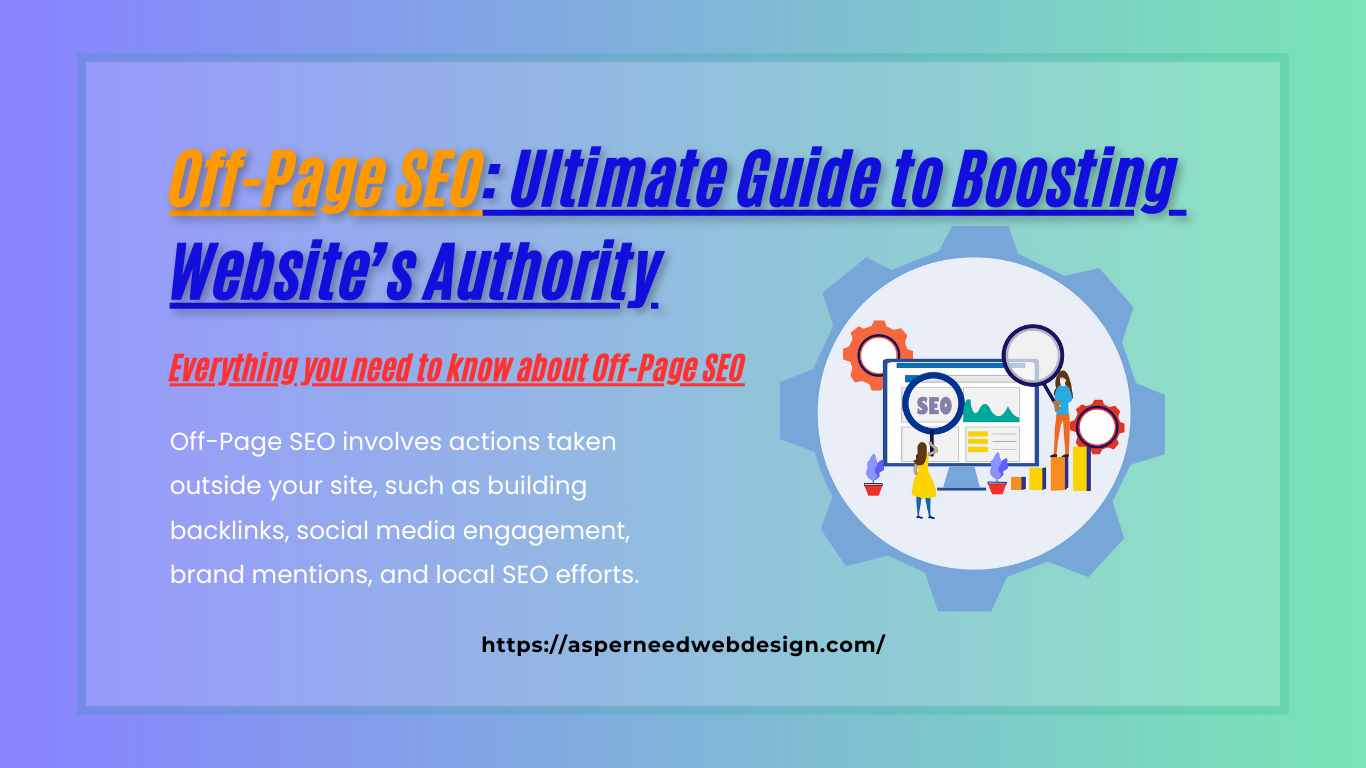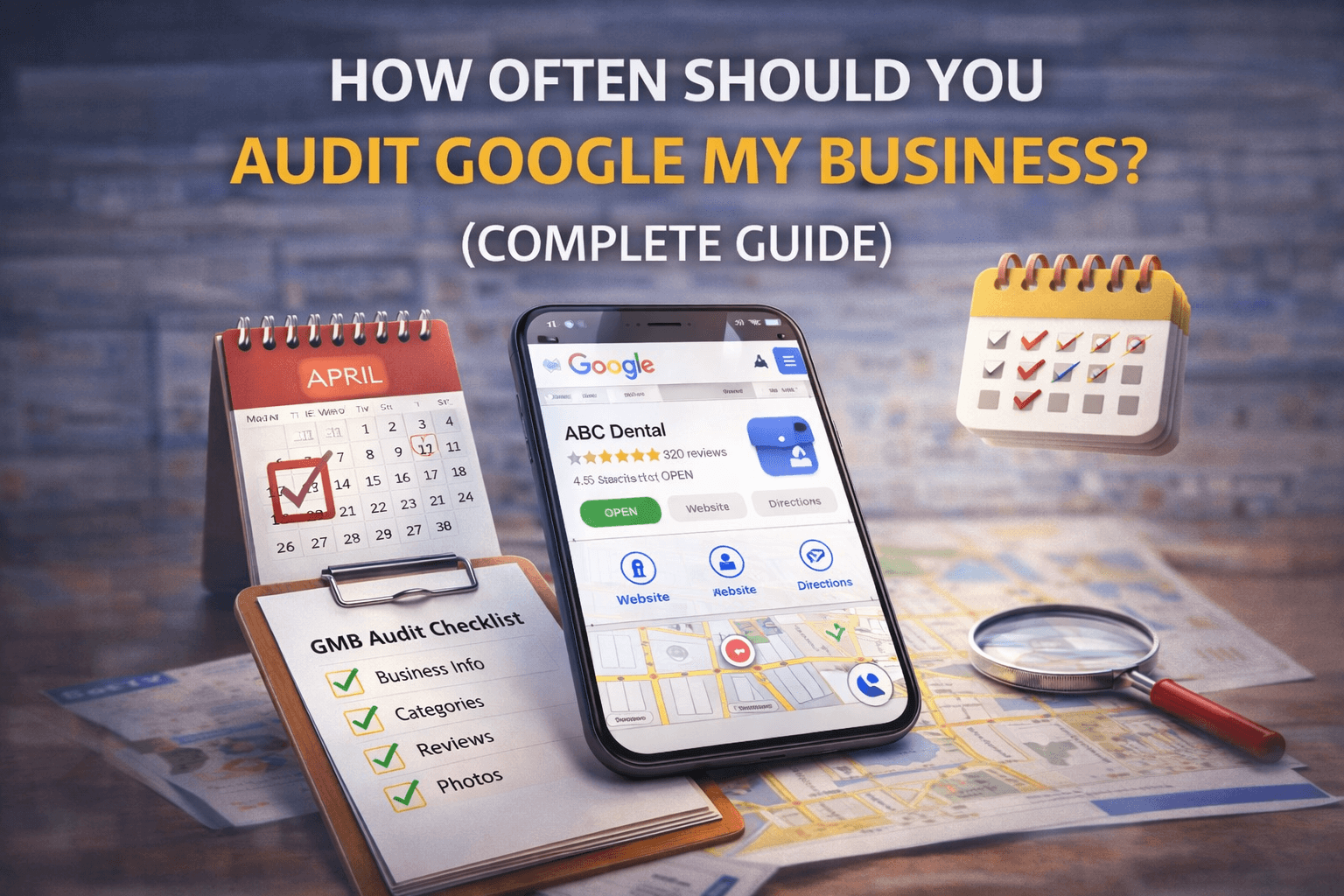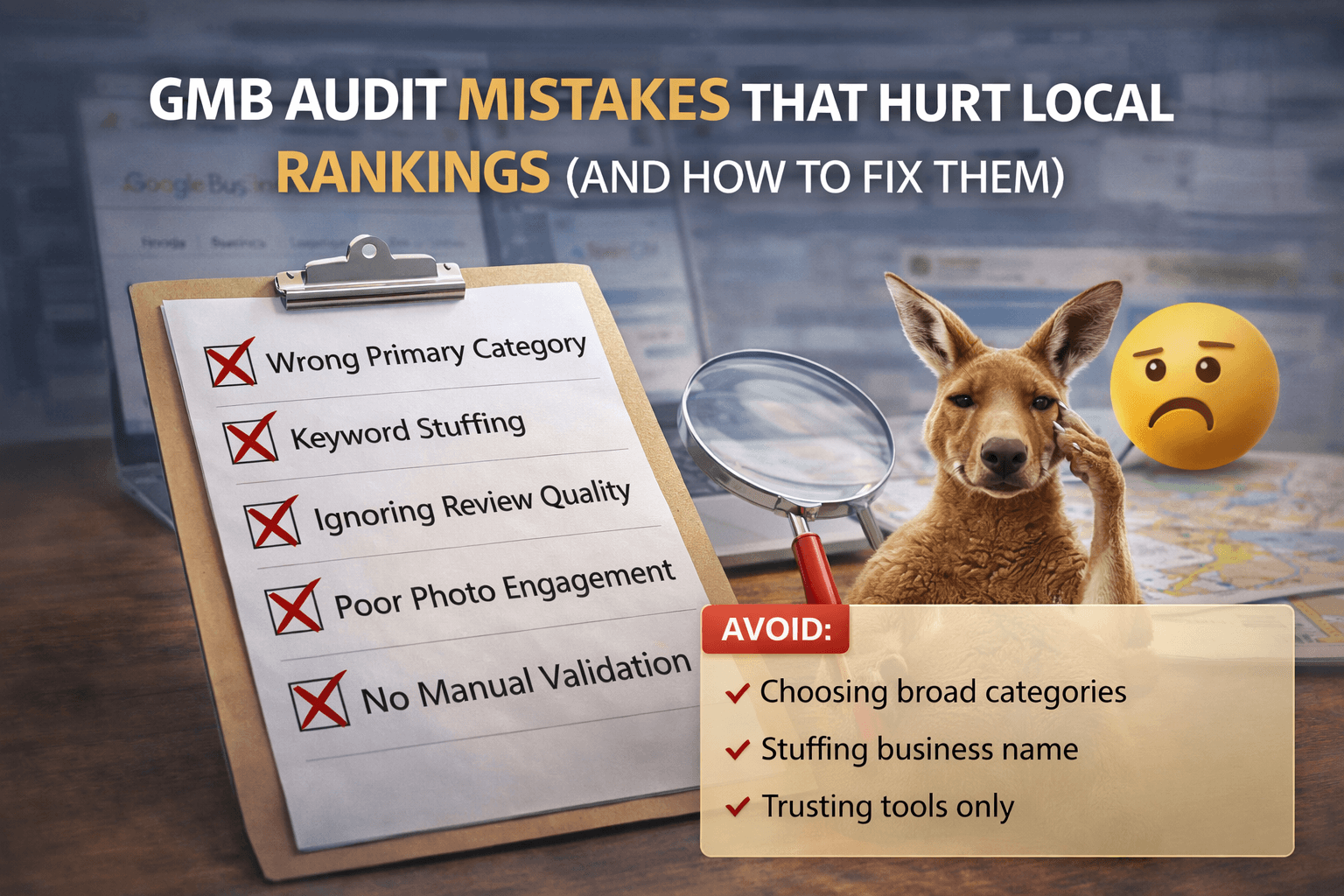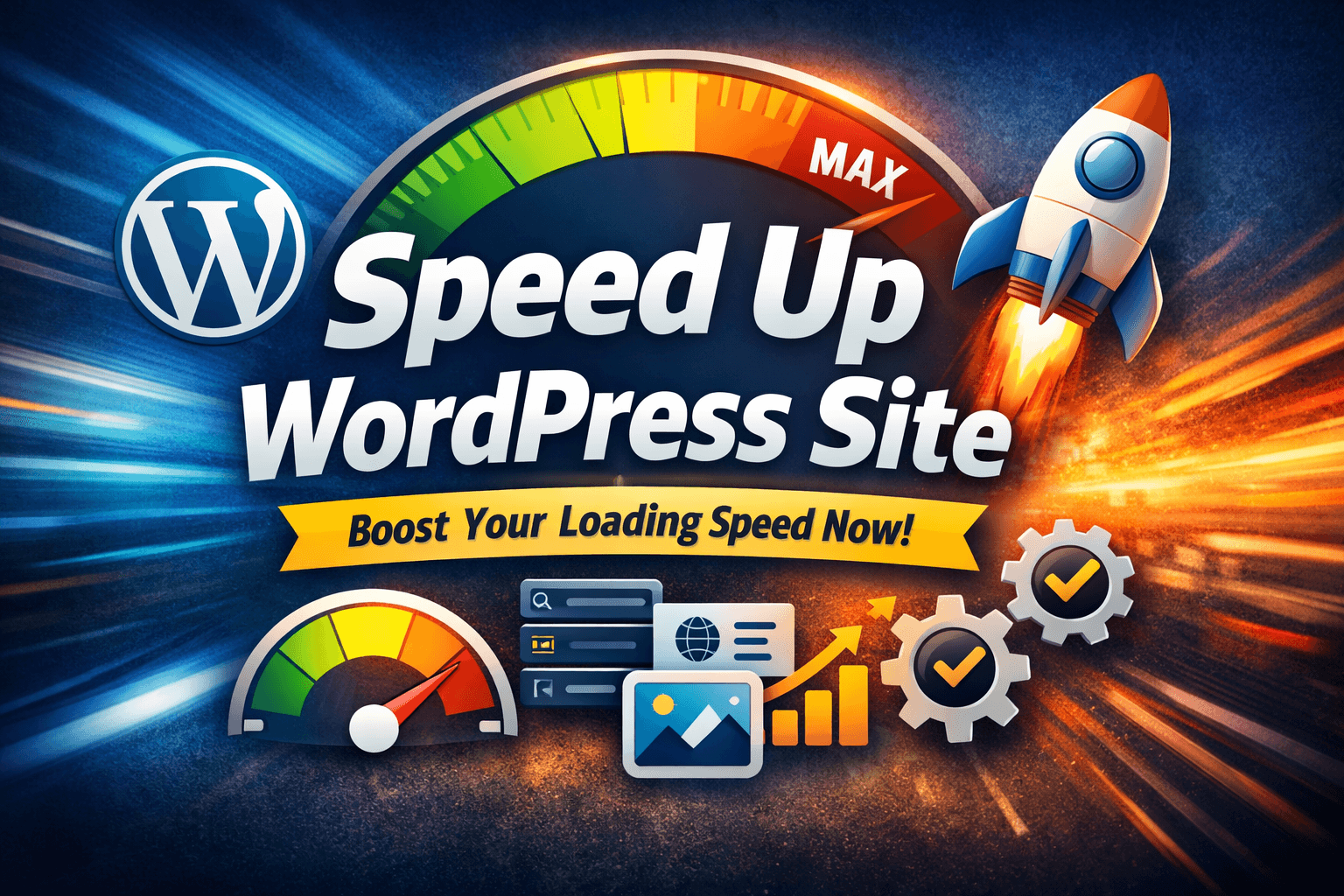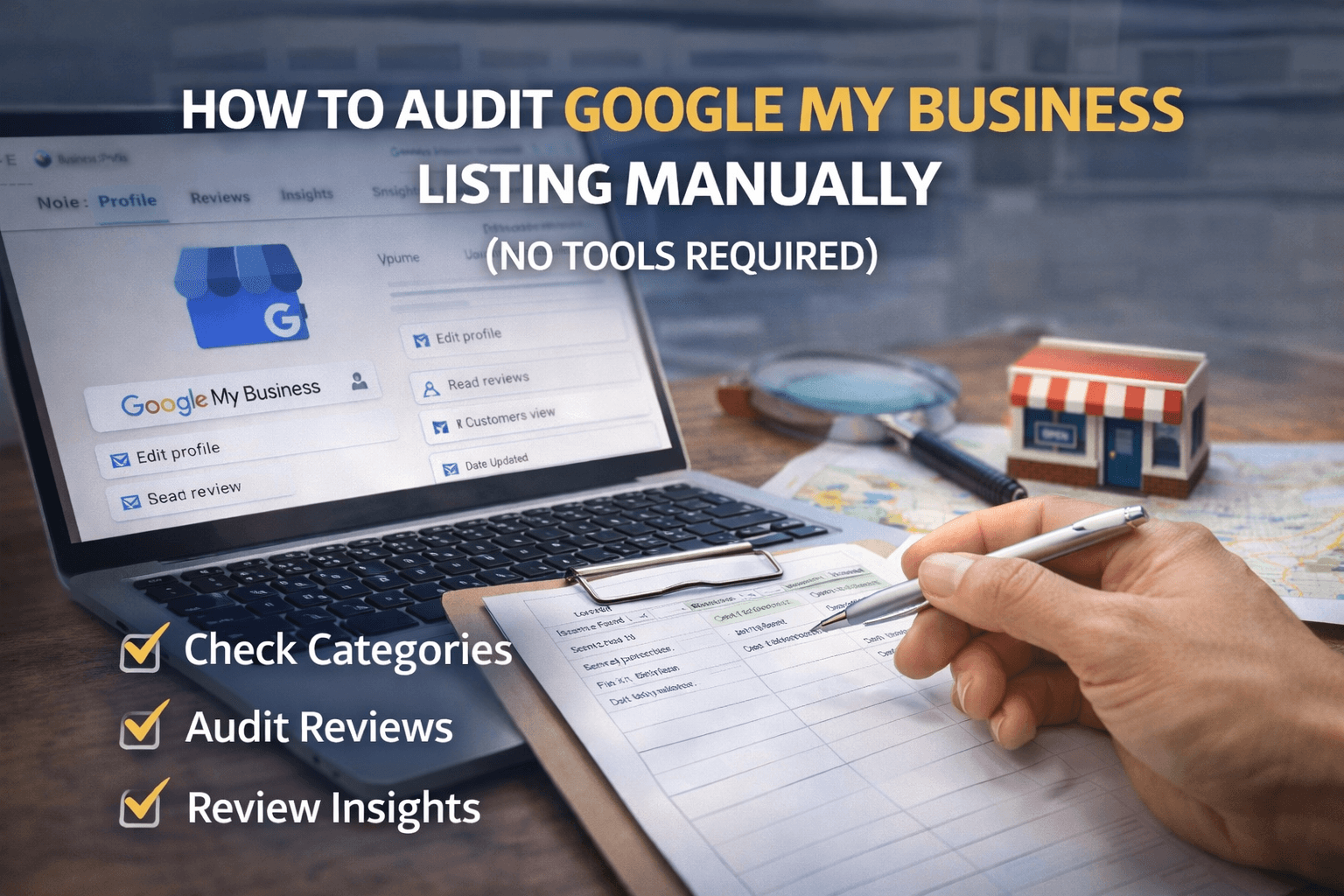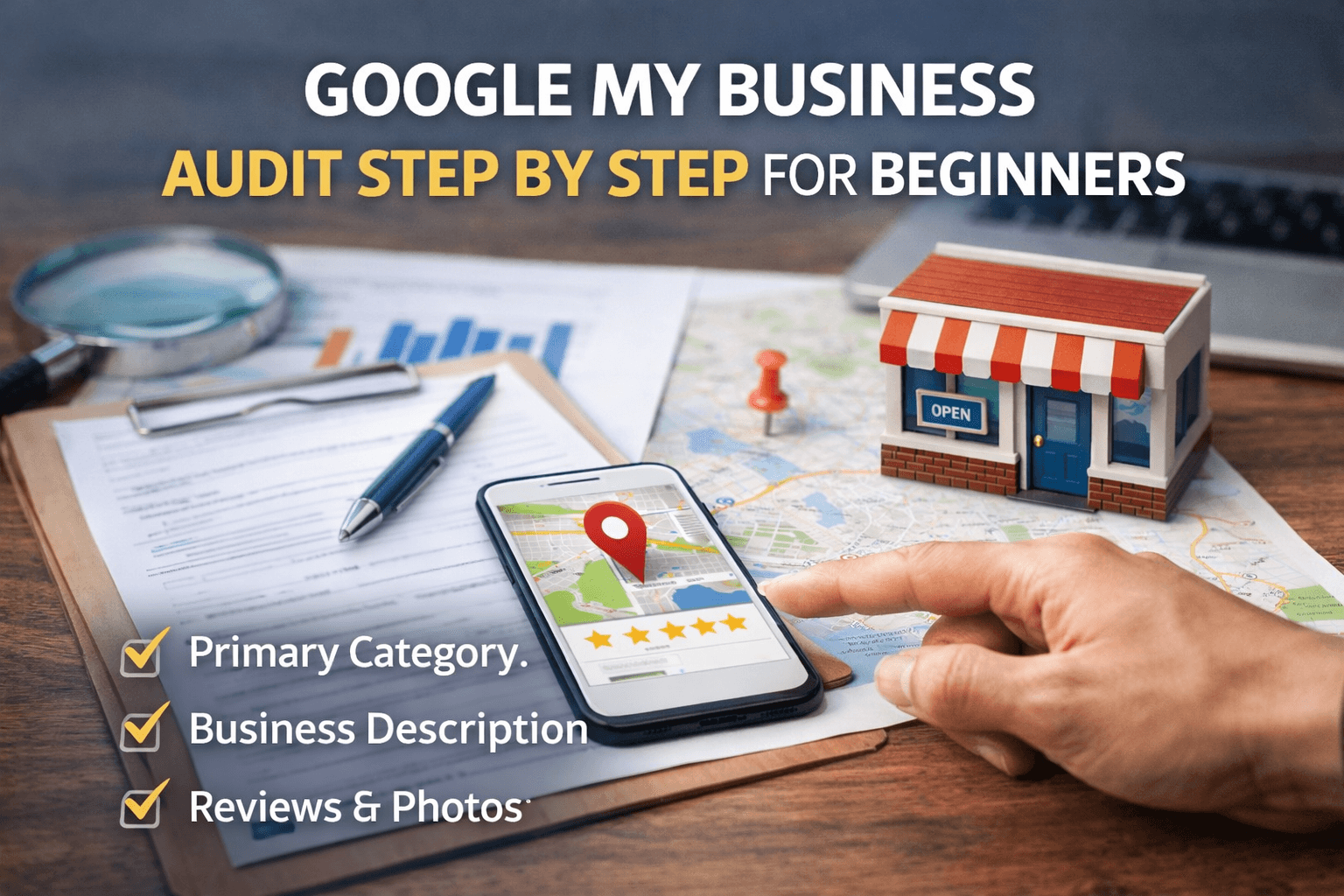Online visibility is based on Search Engine Optimization (SEO). While many focus on On-Page SEO—optimizing website content, meta tags, and structure—there’s another crucial aspect that search engines love: Off-Page SEO.
Think of Off-Page SEO as your website’s reputation. The more credible and authoritative your site appears across the web, the better it ranks on Google, Bing, and other search engines. But what exactly is Off-Page SEO, and how can you use it to your advantage?
In this guide, we’ll break down everything you need to know about Off-Page SEO, including link-building, social signals, local SEO, and much more to help skyrocket your rankings!
Table of Contents
What is Off-Page SEO?
Off-page SEO refers to all the activities done outside of your website to improve its search rankings. Unlike On-Page SEO, which focuses on optimizing content within your website, Off-Page SEO involves actions taken outside your site, such as building backlinks, social media engagement, brand mentions, and local SEO efforts.
Why is Off-Page SEO Important?
- Helps search engines in assessing the authority and trustworthiness of your website.
- Improves your site’s domain authority (DA) and trust score.
- Increases organic traffic and referral traffic from high-authority websites.
- Strengthens your brand presence and online reputation.
Now that we know the importance of Off-Page SEO, let’s dive into the most effective strategies to improve your website’s rankings.
The Pillars of Off-Page SEO
1. Link Building: The Backbone of Off-Page SEO
Backlinks (also known as inbound links) are one of the strongest ranking factors in Google’s algorithm. A website with high-quality backlinks signals trust and credibility.
Types of Backlinks
- Do-Follow vs. No-Follow Links – Do-follow links pass authority, while no-follow links do not, but they still contribute to brand awareness.
- Natural vs. Manually Built Links – Natural links are earned organically, while manually built links come from outreach, guest posts, or partnerships.
- High-Quality vs. Low-Quality Links – A single backlink from a reputable site (like Forbes or Moz) is more valuable than hundreds of spammy links from irrelevant sites.
Best Link-Building Strategies
✅ Guest Posting – Writing for authoritative websites in exchange for a backlink.
✅ Broken Link Building – Finding broken links on high-ranking websites and suggesting your content as a replacement.
✅ HARO (Help a Reporter Out) – Connecting with journalists who need expert insights for their articles.
✅ Skyscraper Technique – Improving existing high-performing content and reaching out to sites that link to it.
✅ Infographics & Data-Driven Content – Creating shareable visual content that attracts backlinks.
2. Brand Mentions & Authority Building
Even without a direct backlink, brand mentions (linked or unlinked) play a vital role in Off-Page SEO.
How to Build Brand Authority:
- Get featured in news articles, blogs, and online publications.
- Engage with industry leaders and participate in online discussions.
- Use press releases and digital PR for brand exposure.
- Monitor brand mentions using tools like Google Alerts and Brand24.
3. Content Marketing for Off-Page SEO
While content is often associated with On-Page SEO, high-quality content also drives Off-Page SEO.
✅ Publish research-based blogs, case studies, and reports.
✅ Create viral content, such as infographics and videos.
✅ Develop authoritative resources that naturally attract backlinks.
✅ Get featured in round-up posts and expert opinion pieces.
4. Social Signals & Their Impact on SEO
Google has confirmed that social media is not a direct ranking factor, but it indirectly influences rankings by increasing content visibility and brand awareness.
📢 Best Social Media Strategies for SEO:
- Share your content on LinkedIn, Twitter, and Facebook.
- Engage in relevant discussions on Reddit and Quora.
- Build relationships with industry influencers and thought leaders.
- Use YouTube to drive traffic and build an audience.
5. Local SEO & Citations
For businesses targeting local customers, Off-Page SEO includes local citation building and Google My Business optimization.
🔹 Google My Business (GMB) Optimization:
- Add accurate NAP details (Name, Address, Phone number).
- Upload high-quality images and videos.
- Get more positive reviews from customers.
🔹 Local Citations:
- Submit your business to local directories like Yelp, Yellow Pages, and Bing Places.
- Ensure consistent NAP information across all listings.
6. Influencer & Community Engagement
SEO is no longer just about links—it’s about relationships. Engaging with communities and influencers helps build credibility and attract organic traffic.
👥 How to Engage with Influencers & Communities:
- Collaborate with influencers for shoutouts and guest features.
- Join relevant industry forums, Facebook groups, and LinkedIn groups.
- Provide valuable answers on Quora and Reddit.
Measuring the Effectiveness of Off-Page SEO
To ensure your Off-Page SEO efforts are working, track and analyze key metrics using SEO tools like Ahrefs, Moz, and SEMrush.
📊 Important Metrics to Monitor:
- Domain Authority (DA) & Page Authority (PA) – Higher DA means stronger SEO power.
- Backlink Profile Growth – Track new and lost backlinks.
- Referral Traffic – Check how much traffic comes from external sources.
- Brand Mentions & Social Engagement – See how often your brand is mentioned online.
Common Off-Page SEO Mistakes & How to Avoid Them
Off-page SEO is crucial for improving a website’s authority, credibility, and rankings in search engines. However, many businesses make mistakes that can harm their rankings rather than improve them. Below are some common off-page SEO mistakes and how to avoid them:
🚫 1. Buying Spammy Backlinks
Mistake:
Some people buy backlinks in bulk from low-quality or irrelevant websites to boost their rankings quickly. However, Google strictly prohibits this practice as it violates its Webmaster Guidelines. These spammy backlinks often come from PBNs (Private Blog Networks), link farms, or irrelevant directories, which can lead to a Google penalty or even de-indexing of your website.
How to Avoid It:
✅ Focus on earning high-quality, natural backlinks from authoritative and relevant sites.
✅ Create valuable content that others naturally want to link to.
✅ Use guest posting, digital PR, and outreach strategies to get backlinks from authoritative sources.
✅ Regularly check your backlink profile using tools like Google Search Console, Ahrefs, or SEMrush to disavow toxic links.
🚫 2. Over-Optimizing Anchor Text
Mistake:
Using exact match keywords excessively in anchor texts (the clickable text in a hyperlink) can appear manipulative to search engines. For example, if all backlinks pointing to a page about “best SEO agency” use the exact phrase “best SEO agency,” it can trigger a Google penalty for unnatural link building.
How to Avoid It:
✅ Maintain a natural anchor text distribution:
- Branded anchors: Your company name (e.g., “AsperNeed Web Design”)
- Generic anchors: “Click here,” “Read more”
- Partial-match anchors: “Learn more about SEO strategies”
- Naked URLs: “https://yourwebsite.com”
✅ Avoid repetitive anchor text patterns and ensure a mix of keyword-rich and natural phrases.
🚫 3. Ignoring Brand-Building Strategies
Mistake:
Focusing only on backlinks without building a brand can limit long-term SEO success. Search engines prefer websites with strong brand signals, such as mentions on reputable websites, social media presence, and consistent branding across platforms.
How to Avoid It:
✅ Invest in content marketing, social media marketing, and PR campaigns to establish credibility.
✅ Build brand mentions (even without links) by engaging with industry leaders, getting featured on authoritative sites, and networking with influencers.
✅ Encourage user engagement, testimonials, and positive online reviews to build trust.
🚫 4. Neglecting Local SEO & Citation Consistency
Mistake:
For businesses that rely on local traffic, failing to optimize Google My Business (GMB) and local citations can result in lost opportunities. Inconsistent NAP (Name, Address, Phone Number) data across directories confuses search engines and can harm local rankings.
How to Avoid It:
✅ Optimize your Google My Business profile with accurate business details, images, and customer reviews.
✅ Ensure NAP consistency across directories like Yelp, Yellow Pages, Bing Places, Apple Maps, and industry-specific platforms.
✅ Build local citations through reputable directories and business listings.
✅ Encourage customer reviews on platforms like Google and Trustpilot to enhance local search rankings.
Avoiding these common off-page SEO mistakes requires ethical link-building, strong branding, and a focus on quality over quantity. Instead of chasing shortcuts, prioritize building authority, trust, and relevance, which will result in long-term SEO success. 🚀
The Future of Off-Page SEO
SEO is constantly evolving, and Off-Page SEO is no exception. The following are some tendencies to be aware of:
🔹 AI & Machine Learning in Link-Building – Google’s AI algorithms are getting smarter at detecting unnatural links.
🔹 E-E-A-T (Experience, Expertise, Authority, Trust) – Sites with strong credibility will rank higher.
🔹 Voice Search & Zero-Click Searches – More users will find answers without clicking on a website, making brand authority even more critical.
Conclusion
Off-Page SEO is more than just backlinks—it’s about building trust, authority, and credibility across the web. A well-executed Off-Page SEO strategy helps drive organic traffic, improve search rankings, and establish your brand as an industry leader.🚀 Start implementing these Off-Page SEO techniques today and watch your website’s rankings soar!

